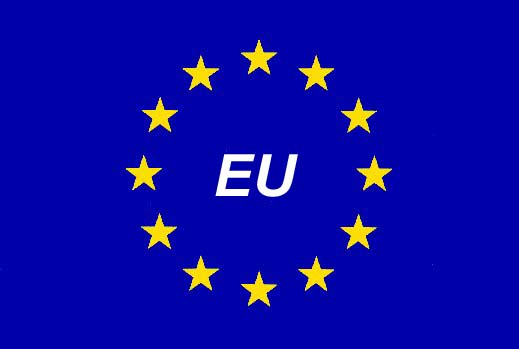ROUNDUP: EU "cliques" undermine unity over economy, officials say
 Brussels - The European Union flirted with chaos Monday as top diplomats complained about a "cliquey" response to the recession and failed to agree on the use of community funds to aid economic recovery.
Brussels - The European Union flirted with chaos Monday as top diplomats complained about a "cliquey" response to the recession and failed to agree on the use of community funds to aid economic recovery.
"I must admit I'm extremely worried about the EU's institutional chaos. Never in the EU's history has there been a period like this with so many cliques," Finnish Foreign Minister Alexander Stubb said after regular talks in Brussels with his EU counterparts.
Monday's meeting of foreign ministers came just six days before an emergency summit of EU leaders, which was called by the bloc's Czech presidency to address growing concerns about the spread of protectionist tendencies within the bloc.
The announcement of the March 1 summit came shortly after French President Nicolas Sarkozy infuriated Prague by suggesting that its carmakers should move their production back from Central Europe.
Stubb made his comments in Brussels a day after the bloc's six richest members - Britain, France, Germany, Italy, the Netherlands and Spain - met in Berlin to discuss a joint approach to the G20 summit on the global financial crisis in London on April 2.
A number of smaller EU member states criticized the Berlin meeting, with Sweden's Carl Bildt saying "six to eight" EU countries had complained about being left out of the decision-making loop.
The rebel group included Sweden, Poland, Belgium, Luxembourg and Poland.
"I can't understand what was gained by Sunday's meeting in Berlin. This confusion is not only undermining small EU member states and the (European) commission, but the council (of all 27 EU members) itself," the Swedish foreign minister said.
Poland has itself called for Central and Eastern European members to meet ahead of Sunday's EU summit amid concerns that eurozone countries were dictating the agenda on how to counter the global economic and financial crisis.
However, Polish diplomats stressed this was not the creation of a clique within the EU.
And in a setback for European Commission President Jose Manuel Barroso, ministers also failed to make headway on his proposal to devote 5 billion euros (6.3 billion dollars) of community funds to high-tech projects to help kickstart the EU economy.
Ministers agreed that the money should not come out of the EU's budget for 2008, as had been originally proposed by the EU's executive, but failed to agree on alternative sources of funding, diplomatic sources said.
Barroso in November proposed a 5-billion-euro cash injection for projects linking the energy grids of isolated member states and boosting high-speed internet access in rural areas. Part of the money would also be used to boost alternative sources of energy.
But EU members have since fallen out both over the list of energy projects which the commission has identified, and its plan to look for the money among the EU's unspent funds, which would normally be returned to national governments.
The commission's subsequently revised list of projects was Monday criticized by several member states. Spain, Portugal, Austria, Bulgaria and Greece were among those complaining that too much money was being devoted to projects affecting northern and eastern European countries.
Germany, which pays the largest sums into the EU budget, has also been particularly critical of the package.
Arriving in Brussels on Monday, German Foreign Minister Frank-Walter Steinmeier denied blocking any progress, insisting however that "discussions" were still needed.
The Czech presidency acknowledged that problems remained, but expressed optimism that a deal would be reached in time for the EU's regular spring summit of March
19-20.
The divisions witnessed in Brussels on Monday highlighted the EU's difficulties in remaining united as it struggles to deal with its worst economic downturn in decades. (dpa)